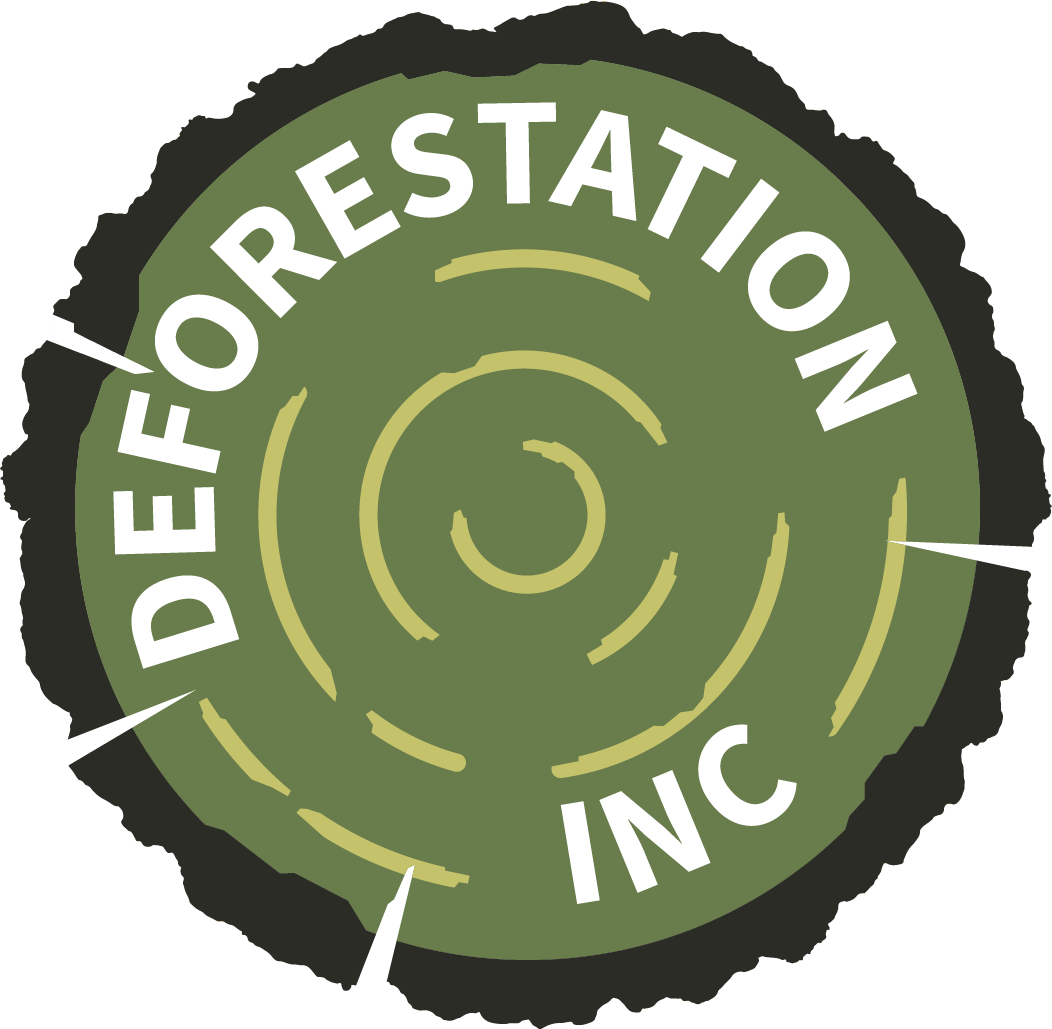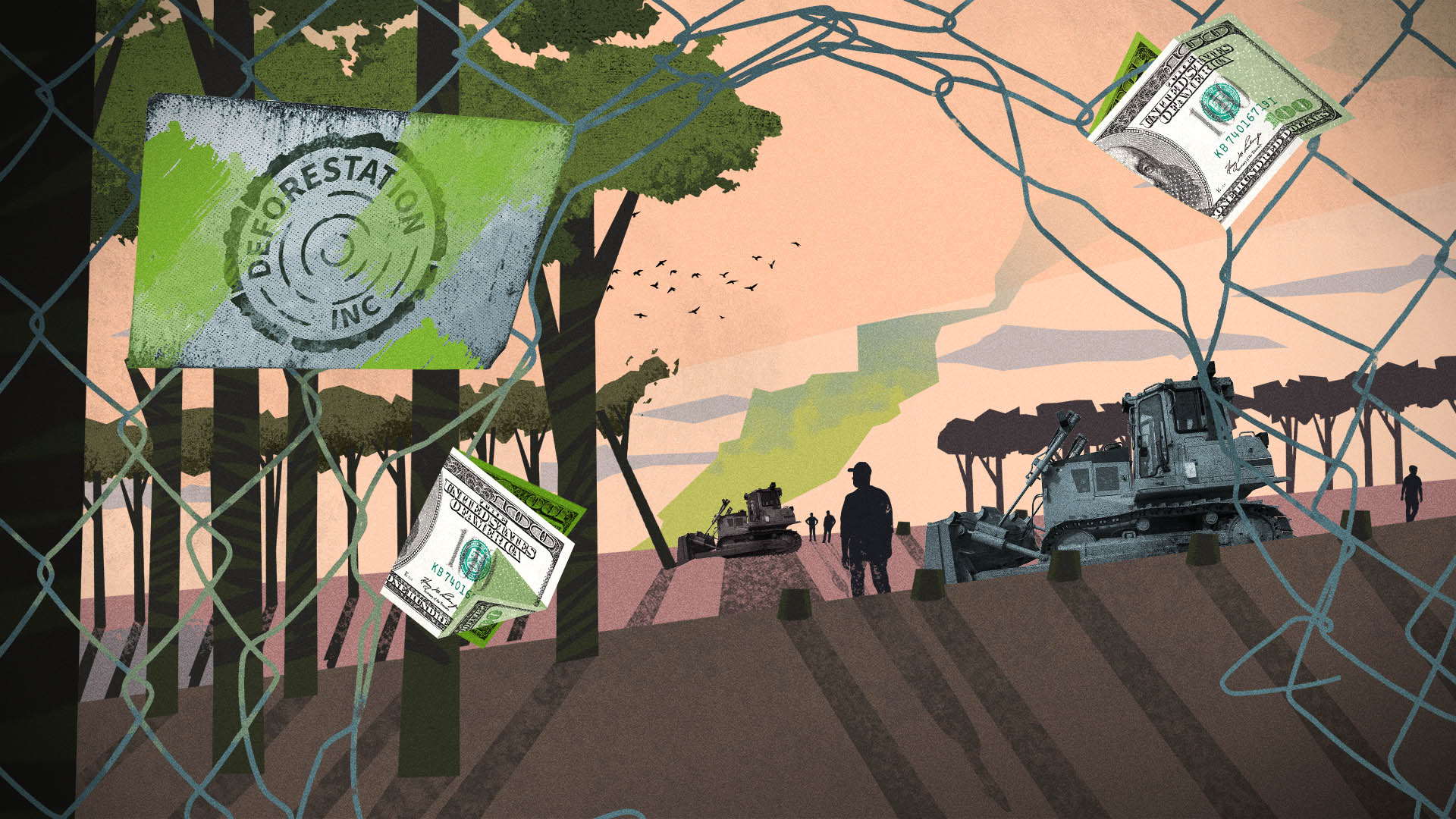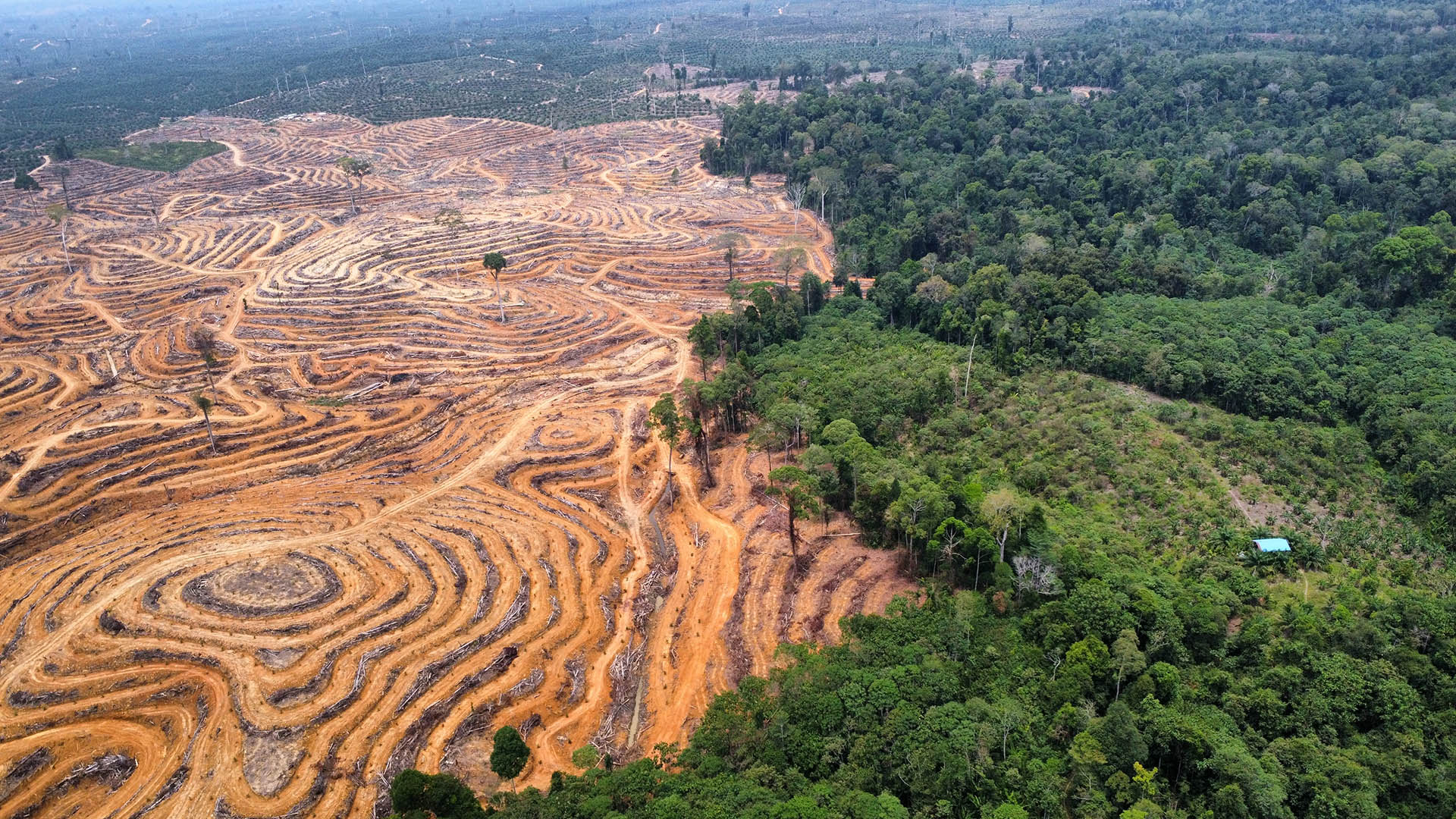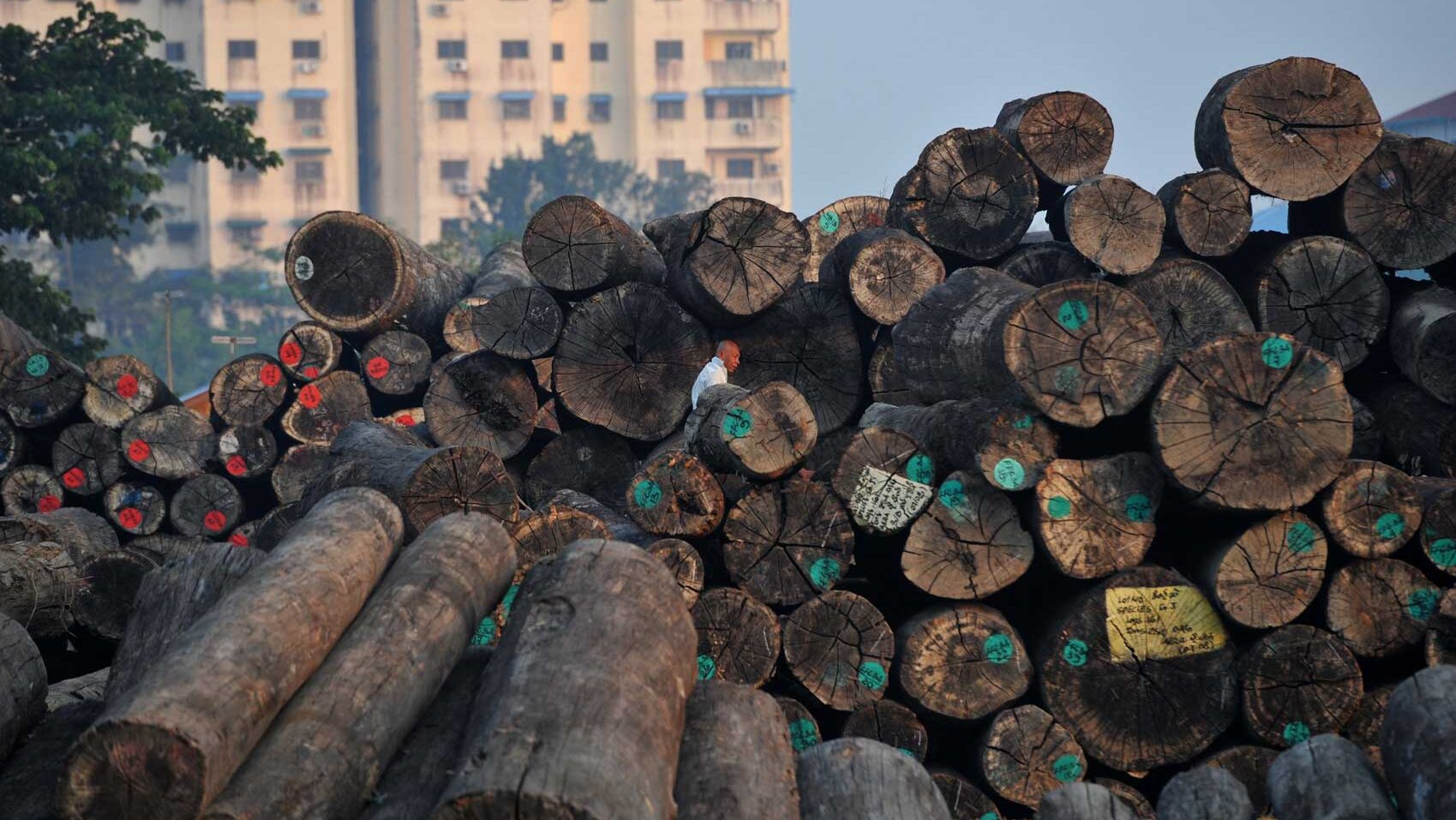Greenwashing
As regulators clamp down on forest destruction, conservationists flag greenwashing concerns
In a year when governments announced new policies and renewed focus on stopping deforestation, the credibility of key “green” certification schemes in a $220 billion industry remains in question.
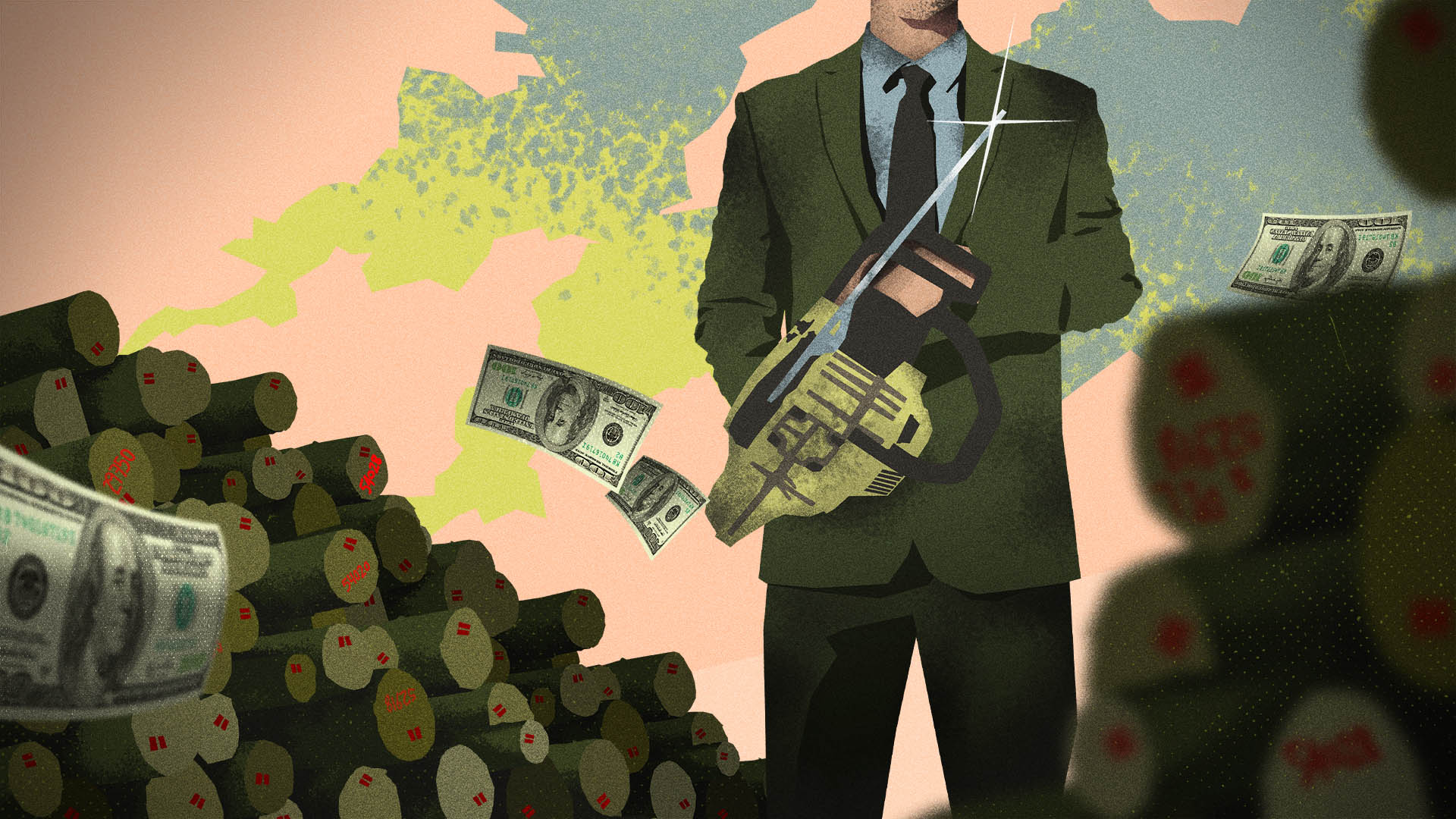
In the state of New York, a potential political showdown looms this week: Should the state do business with companies involved in deforestation?
A bill that would ban contractors that contribute to environmental harm through their supply chains arrived on Governor Kathy Hochul’s desk last week. The deadline is set for this coming Saturday for the bill to be signed into law — or not.
The ongoing negotiation between the business lobby and the New York lawmakers (with an assist from high-profile campaigners like Hollywood star Leonardo di Caprio) is one of a number of frontiers that have opened in an intensifying global debate about how to best protect the environment — and, in particular, the world’s forests — from the destructive impacts of industry.
A growing number of regulators from around the world have started to promote deforestation-free supply chains and target firms that mislead consumers about their environmental commitments.
But conservationists wonder if regulatory crackdowns or even legislative actions like the one being considered in New York will be enough.
“Governments are making moves toward cutting the flow of finance to deforestation,” The Forest Declaration Assessment, a coalition of about 30 environmental groups, said in a recent report. “However, the strength of impact will lie in implementation.”
For now, the world is “off track” from halting or reversing forest loss by 2030 as promised by dozens of political leaders, the groups said. In 2022 alone, a forested area nearly the size of Ireland was destroyed, with the forestry sector being one of the main drivers of tree cover loss, according to the groups’ report.
One of the challenges regulators and authorities face is the complexity and global nature of supply chains that impact forestland.
Since the 1990s many companies including timber traders, paper producers and furniture makers have relied on voluntary certification programs to assure investors, customers and regulators that they are complying with environmental standards in sourcing their products.
Over the last three decades, the market for certified forest products has expanded substantially, reaching a $220 billion value in 2020, according to estimates by the United Nations Environment Programme.
But the Deforestation Inc. investigation led by the International Consortium of Investigative Journalists identified flaws in how some companies’ operations and products were certified as sustainable. ICIJ, in collaboration with media partners, found that a lightly supervised environmental auditing industry approved green labels for products linked to deforestation, illegal logging and authoritarian regimes.
“These repeated scandals are driven by deep-seated structural flaws in how these schemes operate,” said Sam Lawson, who heads Earthsight, an environmental organization that has reported extensively on the abuse of certification labels in the forestry sector.
Over the last 25 years, at least 340 forest product companies were cited by government agencies and environmental groups for destructive practices after auditors had already certified their operations and products as sustainable, ICIJ found. Those companies were later accused of overharvesting old growth forests and other illegal logging practices, bribing forestry officials, importing wood products in violation of trade restrictions, and performing sloppy checks on suppliers.
“In terms of efforts in the Western countries to stop contributing to forest destruction through their consumption, these [certification] schemes are increasingly serving to undermine those efforts, by greenwashing products which remain dirty, preventing us [from] cutting our ties to forest destruction,” Lawson told ICIJ.
‘Need for urgent action’
In the weeks and months following the Deforestation Inc. investigation, regulators in some of the largest consumer markets for agricultural commodities such as Europe, Australia and the U.K., announced new rules to combat so-called greenwashing and clear their supply chains from products linked to deforestation.
This month Australia’s competition regulator released a new set of guidelines to help companies make sure they are providing consumers with “accurate and truthful” information on how their businesses impact the environment. Those that violate the rules can be fined up to $33.5 million.
The guidelines by the Australian Competition and Consumer Commission follow a 2022 government inquiry across eight sectors including cosmetics and food, that revealed how more than half of 247 businesses or brands under scrutiny misled consumers. The companies allegedly made unqualified claims about their products, overstating climate action or describing them as “eco-friendly” or “kind to the planet.” Some used their green certifications “in a misleading or confusing way.”
“It is clear there is a need for urgent action on environmental sustainability,” ACCC’s deputy chair Catriona Lowe said announcing the new guidelines at a recent event.
It is clear there is a need for urgent action on environmental sustainability
— Catriona Lowe, deputy chair of the Australian Competition and Consumer Commission
“Well-functioning markets, stimulated by the cut and thrust of vigorous competition, can offer a strong incentive for our economies and societies to rise to the triple threats of planetary heating, biodiversity loss, and air, water and land pollution, while maintaining and growing productivity and economic development.”
ICIJ requested access to so-called infringement and substantiation notices issued by ACCC but the agency denied the request. It cited concerns that the release of information on ongoing investigations could “damage the reputation and legitimate business and commercial interests of those persons.”
The agency said it possesses 14 documents detailing such investigations but didn’t elaborate on the number of companies or people involved.
Similar crackdowns on misleading environmental claims are happening in other jurisdictions around the world.
In September, EU lawmakers agreed on a new set of rules that would ban generic environmental claims. They are expected to vote on the proposed directive in January.
In India, a new national certification program was launched last week as part of a government effort to move towards a more transparent and independent system that has, until now, been driven primarily by private certification firms. The new government scheme will help companies validate their forest management practices and forest products, the Indian Express, an ICIJ partner reported.
Deforestation-free supply chains
While negotiations on the New York state deforestation bill continue, a bipartisan effort at the federal level is also underway. A group of U.S. lawmakers recently introduced in both the House and Senate a new bill dubbed the Fostering Overseas Rule of Law and Environmentally Sound Trade Act, or FOREST Act, a bill which is intended to make the U.S. market deforestation-free and that would allow prosecutors to go after companies or individuals that import products derived from illegal deforestation.
Also this month, the U.K. government announced a long-anticipated law intended to stop large companies from using commodities such as soy or beef produced in areas where forests were illegally logged. (Conservationists have criticized the new law for its limited scope as it does not include rubber, which is a major driver of deforestation.)
The legislation in the U.K. follows a recently-implemented EU regulation on deforestation-free products, which will be operational from the end of 2024 and require that firms that place wood, palm oil, soy, beef, cocoa, coffee and rubber on the EU market prove that the products do not originate from deforested land.
Such regulations aimed at promoting sustainable supply chains have increased pressure on producers “to avoid deforestation and to document this avoidance via certification,” says a recent UNEP report titled “State of Finance for Nature.”
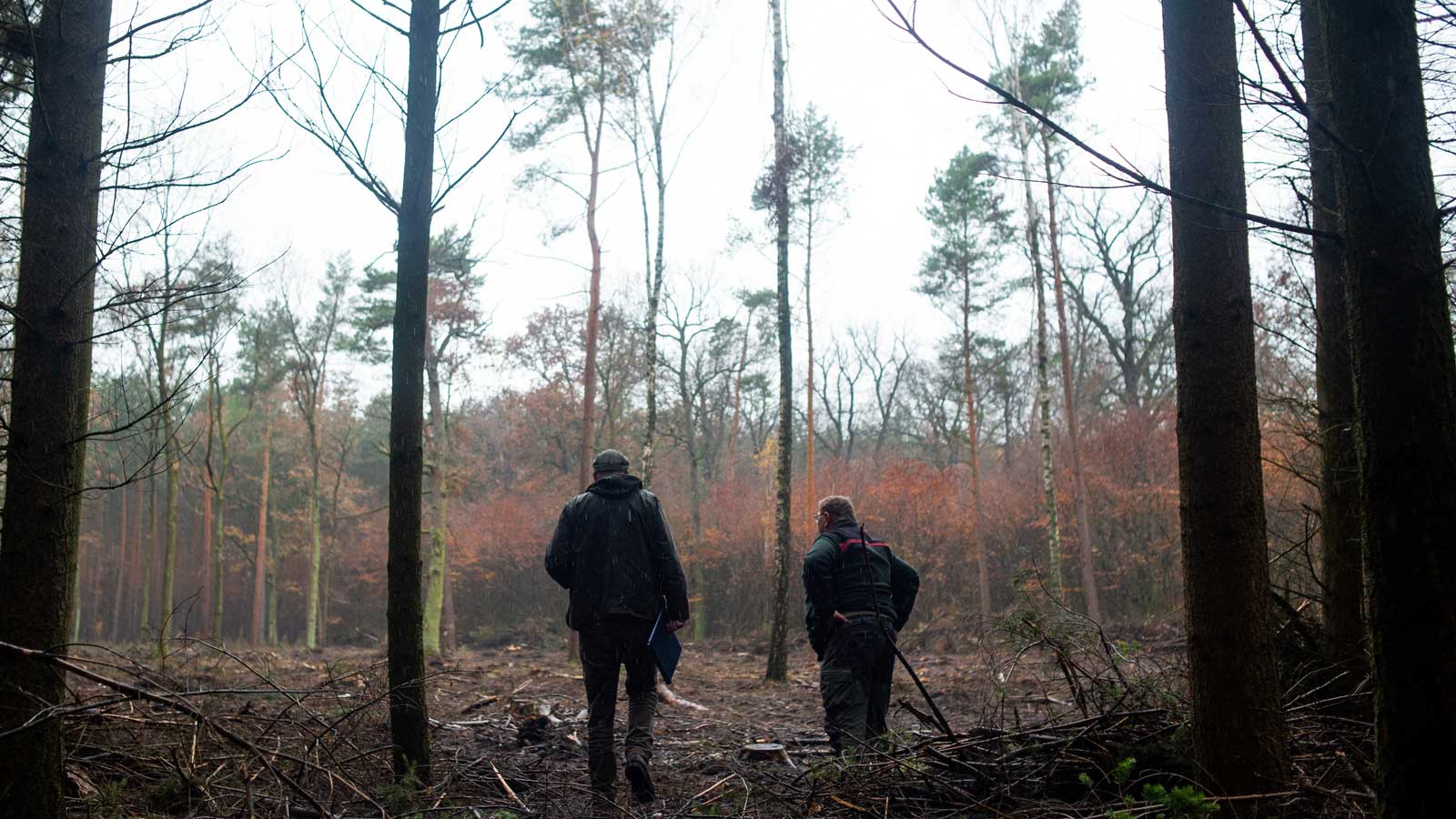
However, the report adds, there’s the urgent need to enable public policies as well as invest “away from activities that finance deforestation” and more into “credibly certified deforestation.”
“While research is inconclusive with regards to whether sustainable certification leads to reduced deforestation attributable to these certification schemes, they can trigger change in the right direction,” a UNEP spokesperson told ICIJ in an email. The agency would also “advocate market participants to provide data on whether deforestation is reduced or sustainable management of forests is enhanced,” the spokesperson added.
Back in New York, lawmakers are closely watching how Europe and other jurisdictions are responding to these challenges. One of the deforestation bill’s sponsors, Democratic Senator Liz Krueger, says if New York, which is home to one of the world’s largest economies, wants to be part of a global solution, then it should stay in alignment with new policies being implemented in the EU and elsewhere.
“We don’t understand how much damage is being done,” Krueger told Spectrum News1 last month. “I like cocoa, I like coffee, and do I really want to destroy the planet in order to get my morning cup? I hope not.”
